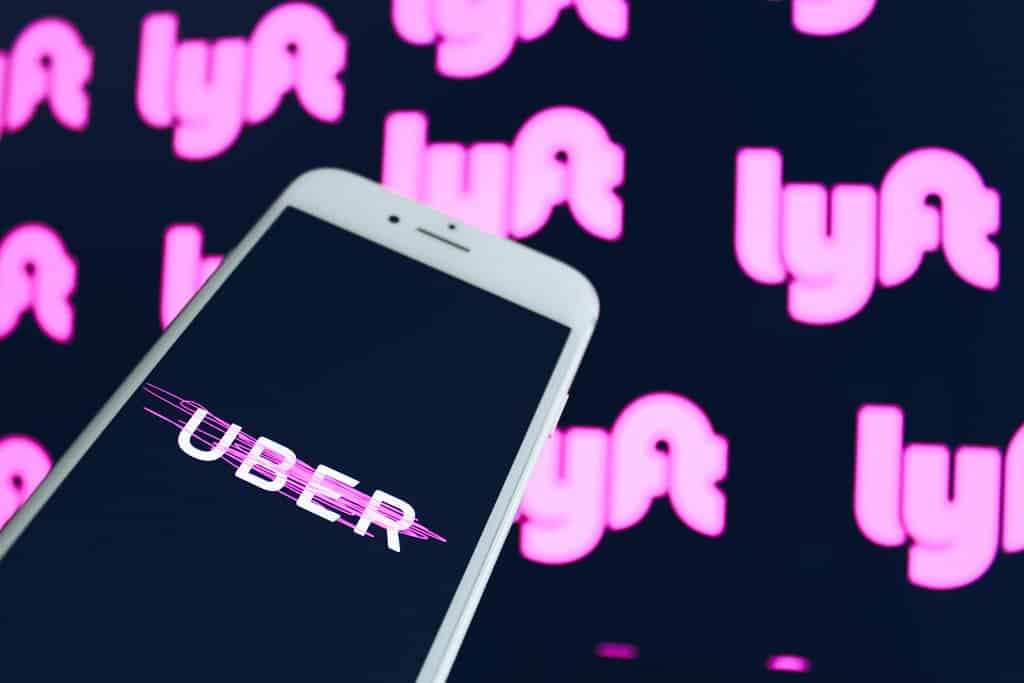
Leigh Thomas is a student at Harvard Law School.
The first presidential debate of the 2020 election left viewers reeling after ninety minutes of interruptions, falsehoods, and personal attacks, mostly leveled by President Trump. Commentators called the debate an “ugly melee,” an “embarrassment for the ages,” and “a disgrace,” among other things. If voters were hoping to hear alternative presidential visions for America’s economic recovery or coronavirus response, they were surely disappointed by the lack of substantive policy discussion. President Trump expressed frustration with public health restrictions and called on Democratic governors to open their states. He also said he “disagreed” with his health experts who say a vaccine won’t be available to the public until next year. Former Vice President Joe Biden criticized the Trump Administration’s response to the pandemic, calling the president a “fool on masks,” and “totally irresponsible” in how he handled social distancing. Neither candidate offered a clear plan on how to manage the ongoing pandemic nor the upcoming flu season.
Seattle passed a new law yesterday creating a minimum pay standard for Uber and Lyft drivers. Beginning in January, ride-hailing companies must pay drivers an amount close to the city’s $16 minimum hourly wage. The law is modeled on a similar New York City measure passed in 2018. As in New York, drivers will be compensated according to a formula that combines per-minute and per-mile rates, scaled up by a “utilization rate,” so that drivers remain adequately compensated even when less busy. The formula is intended to motivate the companies to keep their drivers busier rather than increase the number of drivers to reduce customer wait times. The Seattle Mayor said in a statement that the pandemic had “exposed the fault lines in our systems of worker protections, leaving many frontline workers like gig workers without a safety net.”
The Illinois Department of Labor announced the creation of a free consulting program to assist small businesses in the process of reopening with COVID-19 safety guidelines. Back to Business Illinois will pair businesses with Workplace Safety and Health consultants from within the Illinois DoL, to help with a variety of reopening questions. These include auditing physical operation and identifying best practices to keep workers and customers safe. The program will be non-punitive, and will offer a “Back to Business” certification to show employees and visitors that safety measures have been addressed.






Daily News & Commentary
Start your day with our roundup of the latest labor developments. See all
February 24
In today’s news and commentary, the NLRB uses the Obama-era Browning-Ferris standard, a fired National Park ranger sues the Department of Interior and the National Park Service, the NLRB closes out Amazon’s labor dispute on Staten Island, and OIRA signals changes to the Biden-era independent contractor rule. The NLRB ruled that Browning-Ferris Industries jointly employed […]
February 23
In today’s news and commentary, the Trump administration proposes a rule limiting employment authorization for asylum seekers and Matt Bruenig introduces a new LLM tool analyzing employer rules under Stericycle. Law360 reports that the Trump administration proposed a rule on Friday that would change the employment authorization process for asylum seekers. Under the proposed rule, […]
February 22
A petition for certiorari in Bivens v. Zep, New York nurses end their historic six-week-strike, and Professor Block argues for just cause protections in New York City.
February 20
An analysis of the Board's decisions since regaining a quorum; 5th Circuit dissent criticizes Wright Line, Thryv.
February 19
Union membership increases slightly; Washington farmworker bill fails to make it out of committee; and unions in Argentina are on strike protesting President Milei’s labor reform bill.
February 18
A ruling against forced labor in CO prisons; business coalition lacks standing to challenge captive audience ban; labor unions to participate in rent strike in MN